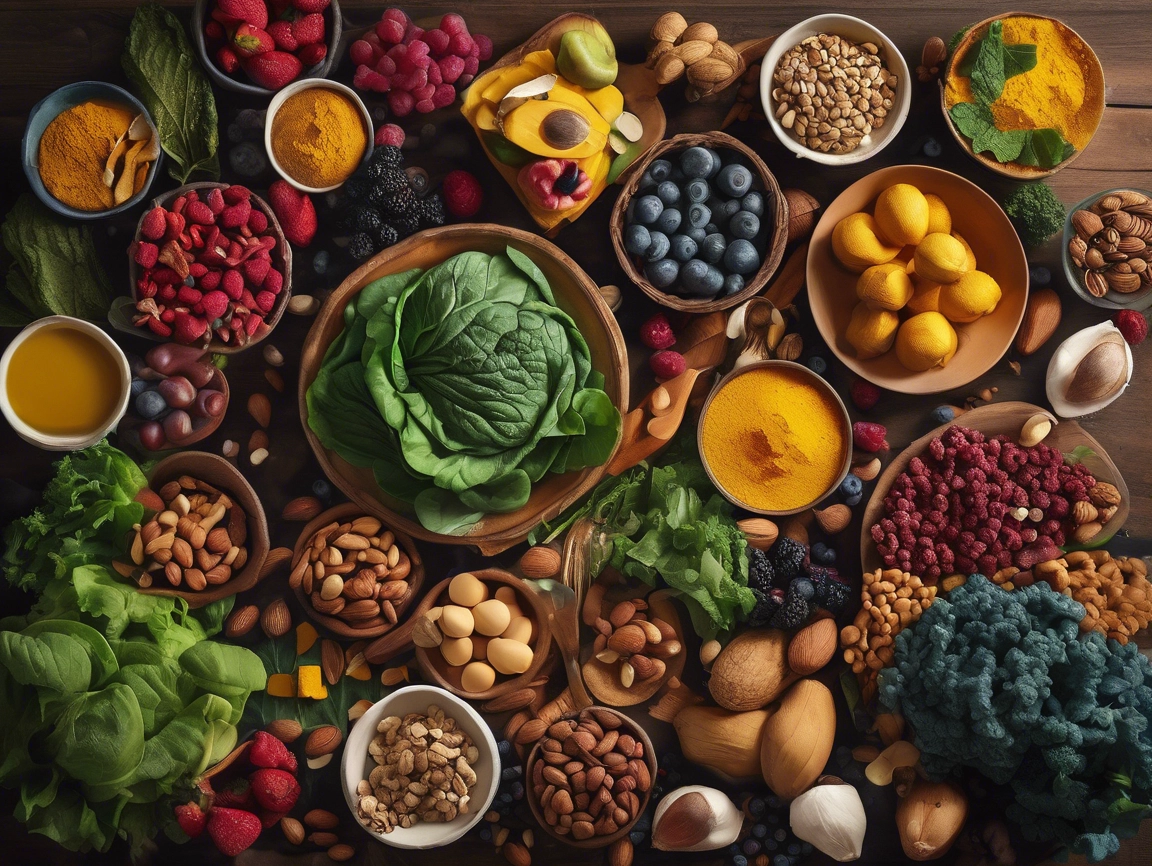Inflammation is your body’s natural defense mechanism against injury, infection, and other harmful stimuli. It’s a complex biological response that aims to eliminate the cause of the injury, clear out damaged cells, and initiate tissue repair.
How Inflammation Affects Your Body:
When inflammation occurs, your body releases various chemicals and cells to the affected area. This process leads to several visible and internal changes:
- Acute Inflammation (short-term): This type of inflammation develops quickly and usually lasts for a few days. The classic signs include:
- Redness (Rubor): Increased blood flow to the area.
- Heat (Calor): Also due to increased blood flow.
- Swelling (Tumor): Fluid buildup in the tissues.
- Pain (Dolor): Stimulation of nerve endings by chemicals released during inflammation.
- Loss of Function (Functio Laesa): Difficulty using the affected area due to pain and swelling.
- Chronic Inflammation (long-term): This type of inflammation persists for weeks, months, or even years. It can result from unresolved acute inflammation, persistent infections, autoimmune disorders, or chronic exposure to irritants. The effects of chronic inflammation are more systemic and can contribute to various health problems, including:
- Cardiovascular diseases: Like heart disease and stroke.
- Metabolic disorders: Such as type 2 diabetes and obesity.
- Autoimmune diseases: Like rheumatoid arthritis and lupus.
- Neurodegenerative diseases: Such as Alzheimer’s disease.
- Cancer: Chronic inflammation can create an environment that promotes tumor growth.
- Mental health disorders: Including depression and anxiety.
- Other symptoms: Fatigue, body pain, gastrointestinal issues, skin problems, and frequent infections.
How Diet Can Help Inflammation:
Diet plays a significant role in managing inflammation in the body. Certain foods contain compounds that can either promote or combat inflammation. An anti-inflammatory diet focuses on consuming foods that help reduce inflammation and limiting those that can trigger or worsen it.
Foods that can help reduce inflammation:
- Fruits and Vegetables: Especially colorful ones like berries, leafy greens (spinach, kale), broccoli, and tomatoes, which are rich in antioxidants and polyphenols.
- Fatty Fish: Such as salmon, mackerel, and sardines, which are high in omega-3 fatty acids (EPA and DHA) known for their anti-inflammatory properties.
- Whole Grains: Like oats, brown rice, and quinoa, which are high in fiber.
- Legumes: Such as beans and lentils, which are good sources of fiber and antioxidants.
- Nuts and Seeds: Like almonds, walnuts, flaxseeds, and chia seeds, which contain healthy fats, fiber, and antioxidants.
- Healthy Fats: Like olive oil and avocado, which are rich in monounsaturated fats and anti-inflammatory compounds.
- Spices and Herbs: Such as turmeric (containing curcumin), ginger, garlic, and cinnamon, which have potent anti-inflammatory effects.
- Tea: Green, white, and black teas contain polyphenols with antioxidant and anti-inflammatory properties.
Foods to limit or avoid that can promote inflammation:
- Processed Foods: Often high in unhealthy fats, added sugars, and artificial ingredients.
- Refined Carbohydrates: Such as white bread, pasta, and sugary cereals.
- Sugary Drinks: Including soda, fruit juices with added sugar, and sweetened beverages.
- Red and Processed Meats: High in saturated fats and compounds that can promote inflammation.
- Unhealthy Fats: Such as trans fats (often found in fried foods and some processed snacks) and excessive amounts of saturated fats.
- Excessive Alcohol: Can contribute to inflammation when consumed in large amounts.
By adopting a balanced diet rich in anti-inflammatory foods and limiting pro-inflammatory ones, you can help manage inflammation levels in your body and potentially reduce the risk and symptoms of various inflammatory conditions. It’s important to note that diet is just one aspect of managing inflammation, and other lifestyle factors like exercise, sleep, and stress management also play a crucial role.
